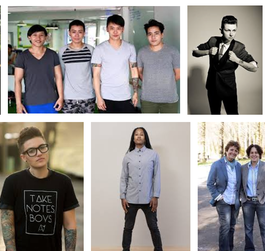 Some results of a Google image search of the words "butch" and "trans" Some results of a Google image search of the words "butch" and "trans" I was having drinks with a friend the other night, and as often seems to be the case with lesbians these days, we fell into a discussion about the relative prevalence of trans men now as compared to, say, 10 or 15 years ago. My friend’s question was: why now? Why are there so many trans men, particularly young ones, at this moment in time? My first response was a version of the “backlog” argument I made a few years ago on this blog: trans men have always been around; it’s just that a more extensive physical transition was less available until recently, so many of them chose to live as butch lesbians. My friend didn’t buy it. Her arguments were: (1) It’s still expensive to transition, so it’s not like it’s that “available” now compared to 10 years ago, and (2) There have always been people born as women who identified as men and lived as men. She’s right about both, I suppose--although I'm certain that hormones, trans-positive therapists, etc., are a lot more prevalent than they used to be. (Maybe are we wrong and there aren't more trans men, just more trans visibility? But I don't think we're wrong.) Or, perhaps it is not about scientific or hormonal or surgical availability; perhaps it is about cultural availability. Perhaps it used to be the case that someone born a woman who identified as masculine didn’t used to have models for what a transition was like, or a community that would be accepting, or—and this is crucial—the internet as a trove of resources and potential connections. Perhaps this lack of “cultural availability” made it more difficult, because even though transitioning is hard now, maybe it was a lot more isolating back then. I feel like it had to have been. So I guess that's still a "backlog" argument, but a different kind of backlog argument. Another possible explanation is that there has been a resurgence of gender essentialism—maybe it just seems way more comfortable and plausible to live as a gender-conforming man than as a gender nonconforming woman. As my friend told me, “Lesbians have never been in fashion.” True enough (although we have our flashes of hip visibility every now and again—see, e.g., Rachel Maddow on the cover of Rolling Stone). But it’s not like trans men are “in fashion” in a mainstream sense either—I’m hard-pressed to think of trans men with Maddow-level visibility. Then again, trans men are men, and often pass as cis men to everyone around them—and men have always been in fashion. So maybe if you don’t have a strong sense that you were born in the wrong body (I know that many people do—I’m talking about those who don’t), but you know you’re masculine, it’s psychologically more comfortable to be a guy. I don’t know. I don’t have a good answer to my friend’s question, and I thought it was kind of an uninteresting question in the moment (duh—the backlog thing + scientific advances). But the more I think about it, the more I think it’s a good question. Why now?
11 Comments
Happy Butch Wednesday! A few days ago, I received this email from a reader, and decided to share my answer on the blog. Here's the email (edited for length):
I came across your blog last night when I googled "can I be a transgender women and butch." I'm a transgender woman at the beginning of my transition to be true to myself. I started HRT a month ago during Pride. I smile when I say that because I am proud. I've spent the last several years trying to learn who I really am and where I want to go. I have some of the dysphoria most trans people talk about but sometimes I wonder why I'm not more bothered by it. I know that may sound crazy but what bothers me more is trying to understand why I feel like a woman but want to retain some form of masculinity. I prefer to wear the women's version of a masculine look. I'm athletic and a tomboy. My sexual preference is women. Can I actually be a butch lesbian and transgender? Is what I feel and the way I want to present myself accepted in the butch community? I feel like people will ask why I'm transitioning if I want to be masculine. I honestly feel like a woman. I'm no expert on transgender identity, and I hope some of my trans readers will weigh in and share their thoughts in the comments. But personally, I think the answer is an emphatic yes. Of course you can be a MTF butch, because trans women are women, and there are all kinds of women, and butch is one of these kinds. It makes perfect sense to me! You bring up some really good points, and I'll respond to as many as I can. The stickiest question, perhaps, is whether you will be "accepted" within the butch community. My responses are threefold:
The boundaries of the butch community, such as it is, seem more porous than ever. I've even gotten angry emails from people when I've defined butches as masculine women. These readers pointed out that I was excluding trans men, who might still identify as butches, just not as butch women. And, of course, there are plenty of nonbinary people who identify as butch, women who identify as genderqueer and not butch, genderqueer people who identify as butch but not as women--the list goes on. One result of this increasing porousness is that it can feel confusing and/or threatening to people w hoID as butch women. After all, a hallmark of butch womanness is masculinity. What does it mean if another woman starts taking testosterone, stops identifying as female, gains muscle mass and a square jaw, and still identifies as butch? A woman who also identifies as butch may then feel less masculine in comparison. In effect, she feels she has been "feminized" in comparison to her butch counterparts. And many butches do not like to feel feminized, so it creates all this policing--e.g., "Well, that person who takes T isn't really butch--they're in a different category now." I understand this policing, and I understand the person who doesn't want to abandon their butch identity simply because they're on testosterone or no longer use female pronouns. This is part of the reason there's sometimes tension between trans men and butch women . So this all means you're stepping into a bit of a quagmire. On the whole, I suspect that if they're concerned about trans people identifying as butches, most butch women are thinking about the FTM phenomenon, not the MTF phenomenon. There's this idea that butch women are disappearing. (Personally, I love the idea that even if we are "losing" butch women, we are also gaining them!) If you do meet resistance from butches, I suspect that it will have to do with some of your biologically "masculine" traits. Statistically speaking, you are likely to be taller, deeper-voiced, slimmer-hipped, etc., than most cis women. Butches might be jealous. Or they might read you as a cis man, even accidentally. Even though you're a masculine woman, you might have to find ways to accentuate your femininity to be read in the way you prefer. I don't mean that you need to wear a skirt or do something else dysphoria-inducing--certainly not! I just mean that until they see the strap of your sportsbra outlined beneath your T-shirt, other butches might not know how to read you. Dating may (or may not) be a little challenging. I don't know what your plans are for bottom surgery--you need to do what's right for you. I'm going to assume that at this point, you have the genitals you did at birth: presumably, a penis. When it comes to dating, Surprise Penis is not the best kind of penis. The decision about how and when to out yourself as trans to anyone you're naked with is personal (I'm trying to get a trans woman friend of mine to guest post about exactly this). But I will say that suddenly encountering a penis where one does not expect to encounter a penis has the potential to be threatening or traumatizing to the person you're with. Disclosing your trans status can be a burden, but whether it's fair or not, people who see you as a cis woman, and with whom you're intimate, will expect you to do it well before naked time. More on that in a future post. You also mentioned that people might wonder why you're transitioning at all if you want to be masculine. You're right--they might! But you answered this yourself: "I honestly feel like a woman." It's kind of similar, actually, to when people ask people who date butches, "Why don't you just date a man?" The answer, in short, is that female masculinity and male masculinity are different--which seems to be something you feel, too, having experienced both first-hand. Female masculinity seems to feel really comfortable to you, and it's really great that you've figured that out. I'm sure it wasn't easy. In sum, you sound awesome and interesting and like you're well on your way. I'm excited for you and wish I could give you a hug and a fist bump. You're in for a wild ride--stay true to yourself, and try to ignore people who don't understand you or tell you that you "can't" be a certain way. Welcome to the butch community! Happy Butch Wednesday, dear readers! I have a confession: I'm a podcast addict. I know this may sound faux-cerebral in a self-deprecating way, like saying, "I'm addicted to foreign film critiques," or, "I just can't get enough Dostoyevsky." But don't be fooled--it's not NPR I'm pounding. I am a serialized fiction podcast addict. There's something epic and wonderful about listening to stories in installments, and I particularly enjoy the ones that can convincingly mimic an "in-depth reporting" format. I'm not into stories that involve zombies or get too hard core sci fi or too horrifying with the horror. For the record, I have found the following brilliant:
My deep dive into all things podcasty has made me aware that this relatively new genre (or we might say "revitalized genre," given radio's history of serialized stories) is much more diverse in its representation of sexual orientation and gender identity (and in some cases, race and disability) than other forms of media. The cool thing is that the LGBTQ characters don't usually feel like tokens, nor is their queerness the focus of the story. It's just part of who they are. You know, like how we live our lives. 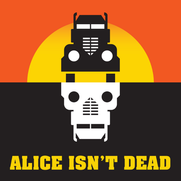 For example, Keisha, the protagonist of "Alice Isn't Dead" is a truck driver who is searching for her wife, who supposedly is dead, but whom Keisha doesn't believe she is dead. (Oh shoot--I just realized there are, in, fact, zombies in this one, so I guess I was wrong about the zombie prohibition above. Alice isn't a zombie, though--the Thistle Men are the zombies. Um, who are the Thistle Men? It's a long story--listen for yourself.) My point is: Keisha isn't a Lesbian Truck Driver, she is a truck driver looking for her spouse. Her sexuality is not The Thing. It's just who she is. The story could have been about a wife looking for her husband, or vice versa. But it's not. See what I mean? 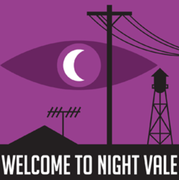 Another example is Welcome to Night Vale, which took a long time to grow on me. It's a "community radio show" about a desert town where the paranormal is normal, where a literal five-headed dragon named Hiram McDaniels runs for mayor, and where no dogs or people are allowed in the Dog Park due to the presence of mysterious hooded figures. This is all wacky and awesome, and it's made even more awesome by the fact that the least wacky part of the plot is that several of the characters are queer. This includes the protagonist, Cecil (the show's host), Carlos the Scientist, and Sheriff Sam (who is maybe the only nonbinary character I've seen represented in non-queer-focused media except for Asia Kate Dillon's portrayal of the captivating Taylor Mason on this year's season of "Billions"). 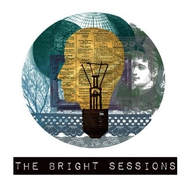 The Bright Sessions, which is the "recording" of psychotherapy sessions with paranormally interesting patients, includes a great portrayal of a high school football player named Caleb, who in addition to struggling with his involuntary ability to experience other people's emotions, is also falling in love with a boy in his class, even though he's never thought about himself as gay. The gay thing is a surprise to him, but it wreaks way less havoc on his life than his special abilities do. And in fact, since a number of the characters struggle with whether to "come out" to people in their lives about their special abilities, we might draw a lot of other parallels as well. You get the idea. I can't be the only podcast addict, am I? Please tell me I'm not. If you aren't listening to podcasts yet, give some a shot. (If you want a personalized recommendation, send me an email and tell me what you usually read and I'll send you my thoughts.) And if you are a podcast dork like yours truly, do you (1) agree with me about the queerness and/or (2) have any recommendations for me?
Wow, dear readers--I can't thank you enough for the outpouring of love, good wishes, and virtual hugs you've sent me since my last post. I really am touched. I miss my dog terribly, and know I will for a long time, but it's heartening to see all the puppy love happening in the wide, wide world. Here are all the (nearly 100) photos readers sent in! (I think this is all of them, but if I somehow missed yours, let me know.) Enjoy the gallery! SO cute, aren't they?? And the dogs aren't half bad, either. ;) Seriously, all: thank you. It means a lot. Last year, Australia made it legal for people to register their gender as "nonspecific"--that is, neither male nor female. Other countries, including New Zealand and Nepal, have similar laws. I support this, because I think people should be able to "identify" however they want, or to not "identify" as anything at all. My concern isn't with the third gender movement itself, but with how people understand it, and how they understand gender as a result. Articles like this one from Sunday's NY Times adopt language that, despite their apparent inclusiveness, actually reiterate the gender divide. In part, the article details the gender-related travails of Norrie May-Welby, an Australian who was designated male at birth, but by age four, "was drawn to the world of girls, playing with dolls..." Later in life, Norrie underwent gender reassignment surgery and identified as female. Although this development was gratifying, she found she did not want to "dissociate [her]self from aspects... simply because they were labeled masculine" (she now IDs as gender nonspecific, though she's fine with female or nonspecific pronouns). I have zero problem with Norrie's personal decisions or (quite courageous) journey. My problem is in the way this story is told, and in what this telling means. The story, and others like it, suggest that Norrie's doing "girl things" as a kid was a clue to her female-ness, but that her refusal to let go of "masculine" things later meant she wasn't "fully female," or that part of her was "truly male." In other words, much of the "third gender" discussion equates "masculine" things with maleness, and "feminine" things with femaleness. It reiterates the gender binary by trying to oppose it. That is, when you say that a third gender exists because some people like "boy stuff" and "girl stuff," you're still adopting the idea that "girl stuff" and "boy stuff" exist as categories. And I don't think they should; I think it's stupid for the categories to exist at all.
If you want your gender to be butch or nonspecific or agender or neutrois or anything else, I think that's awesome and that you should go for it. But I also think it's important to fight against the idea that people are necessarily something besides male or female simply because they don't fit into society's ideas of typical masculinity or typical femininity. |
|

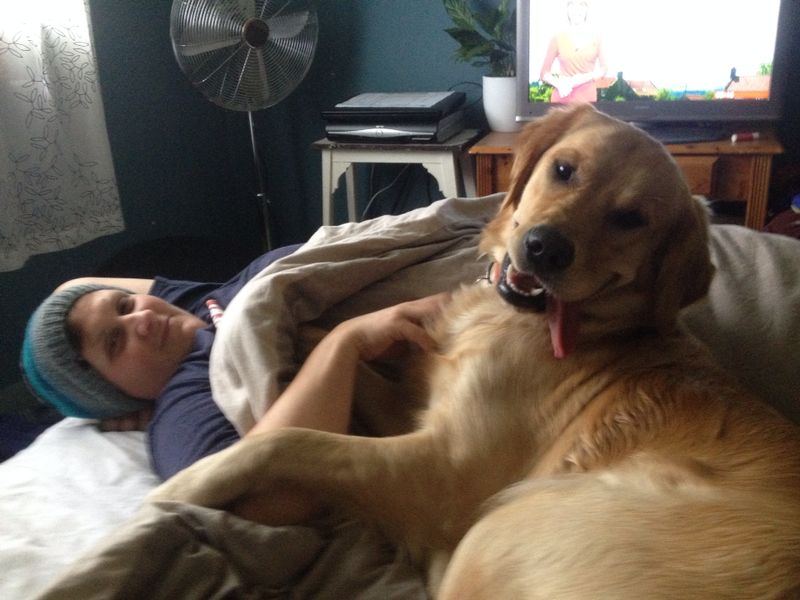
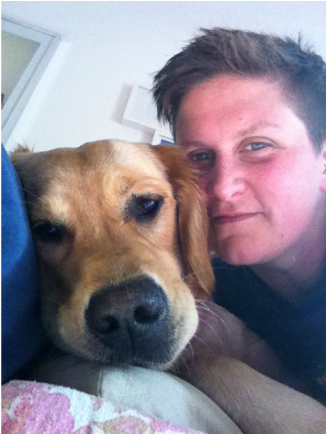
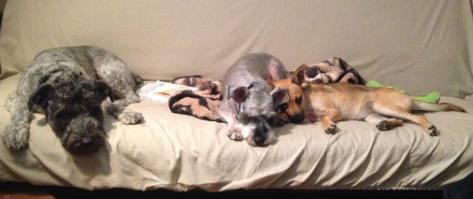
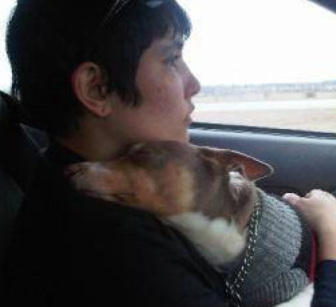
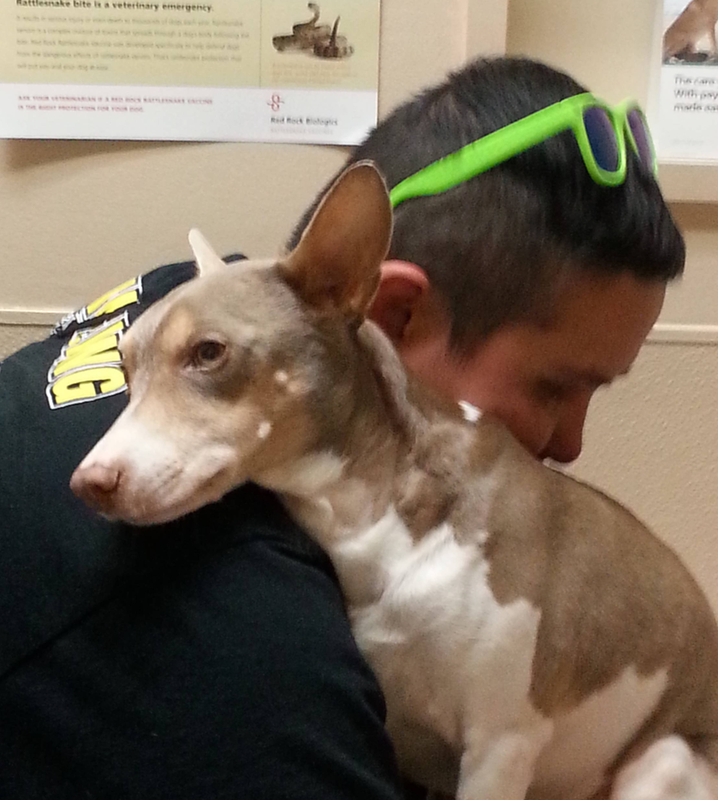
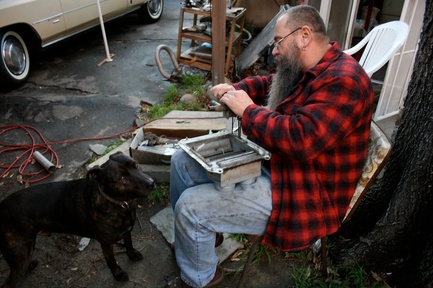
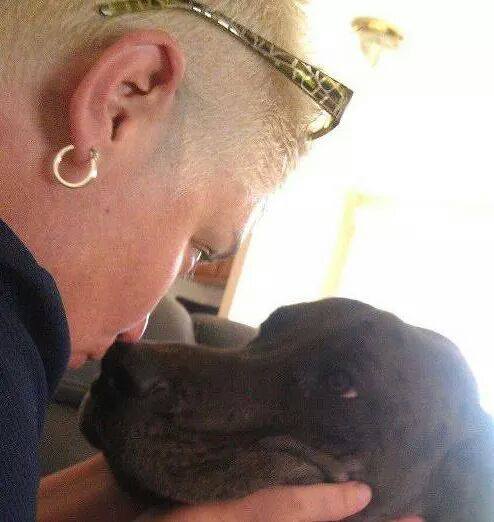
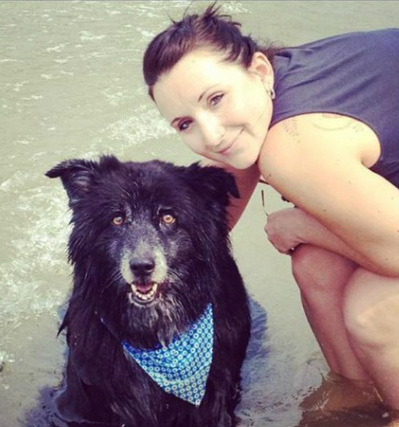
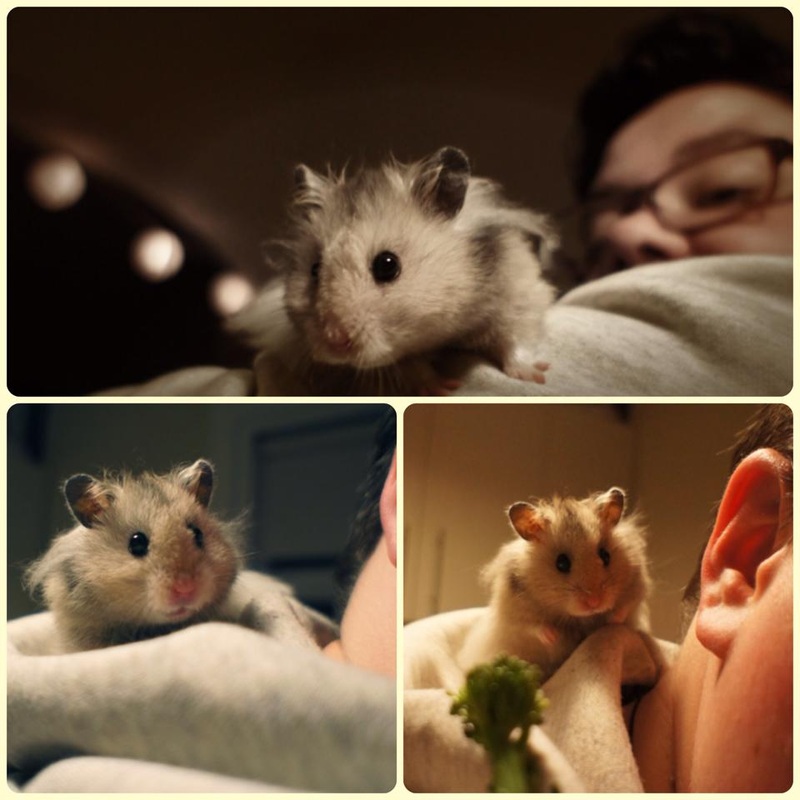
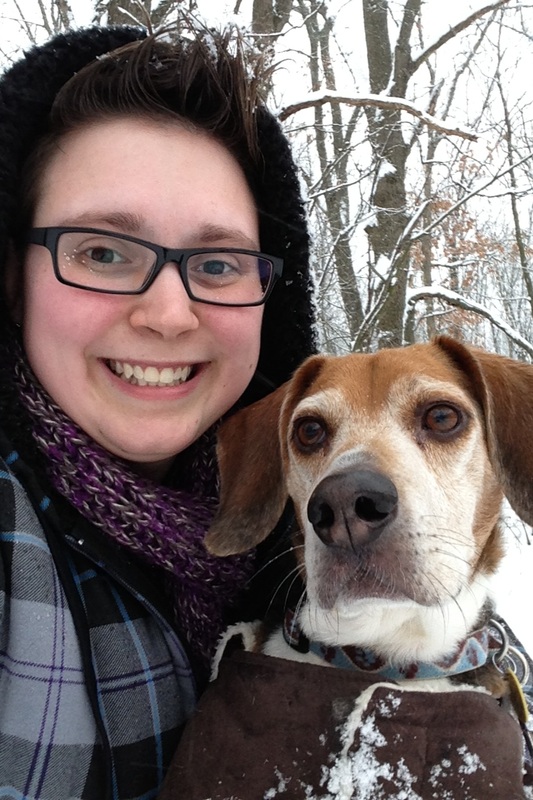
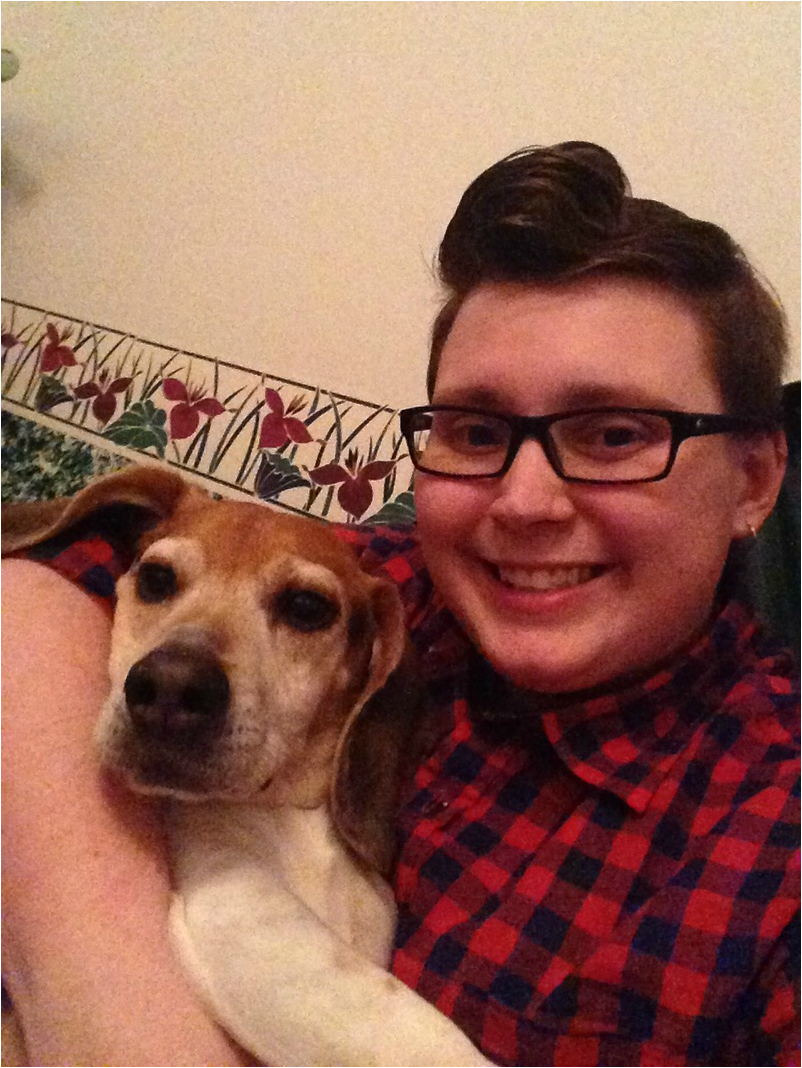
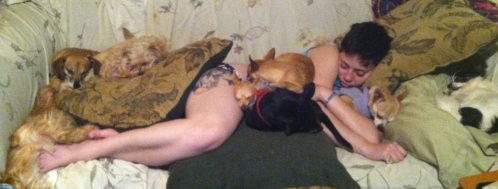
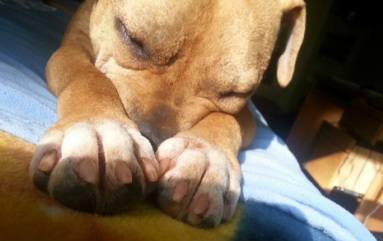
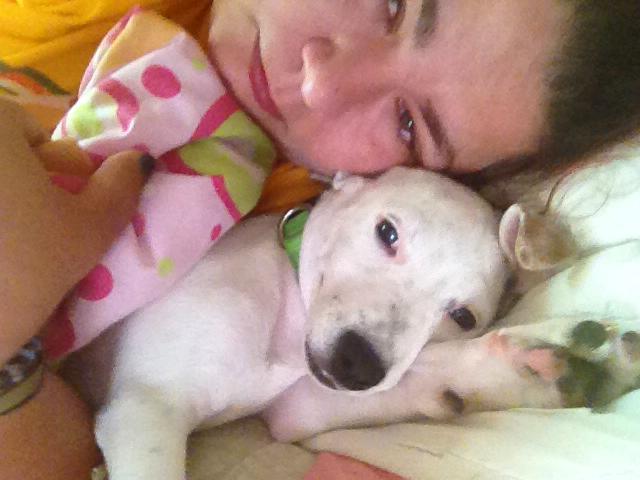
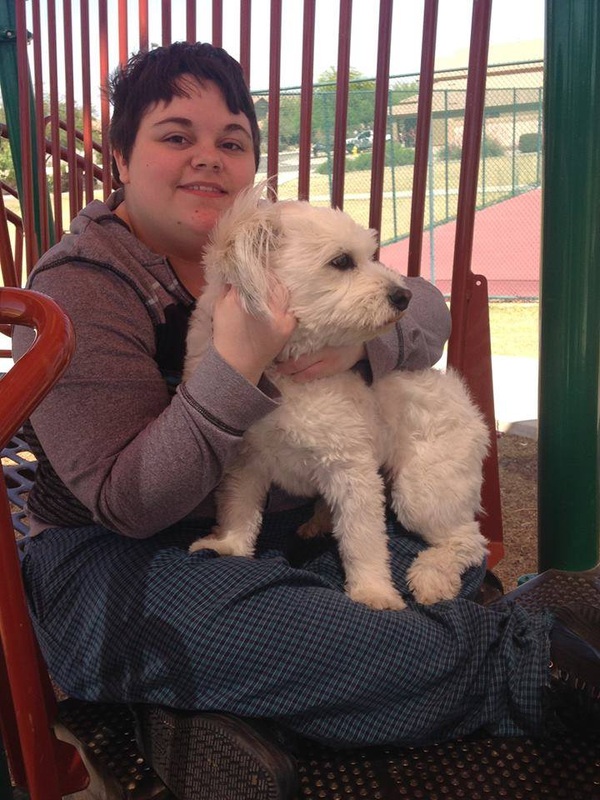
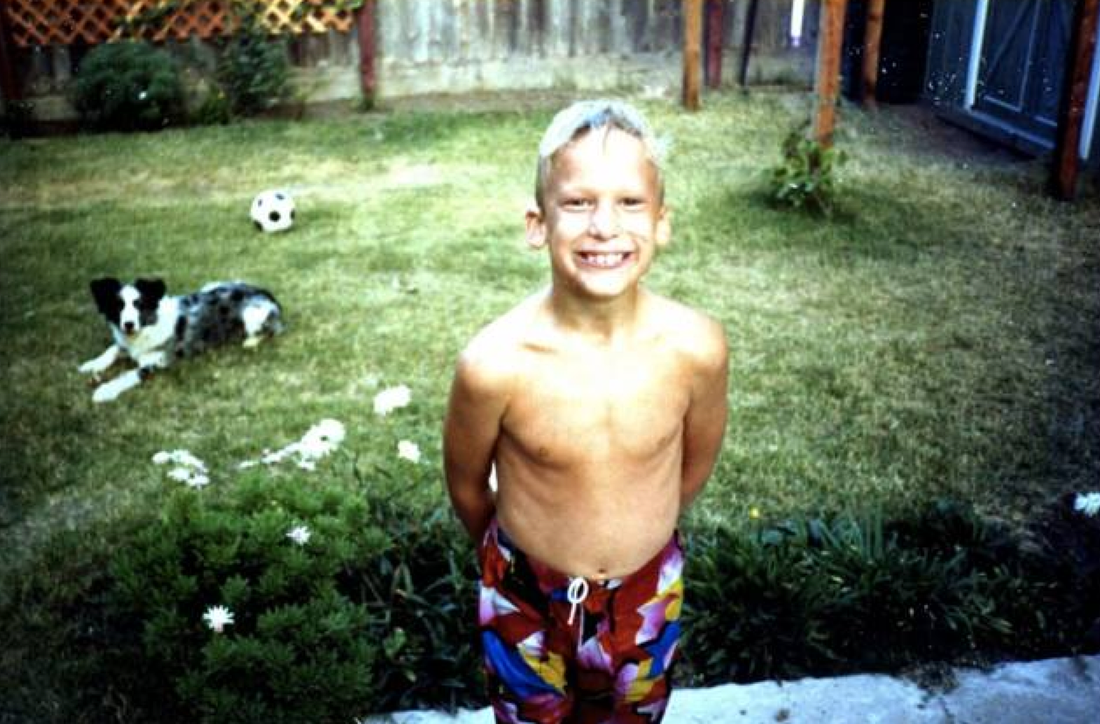
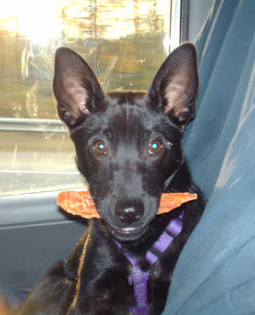
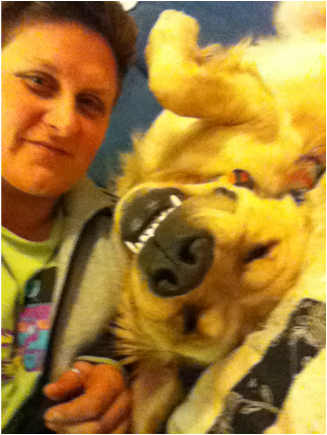
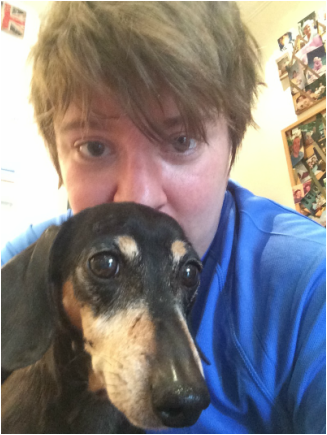
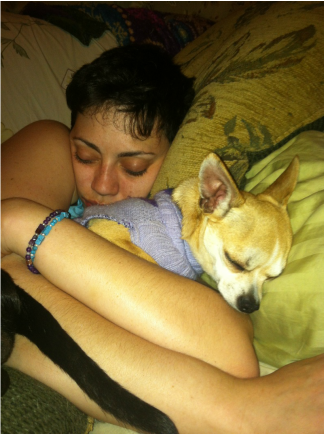
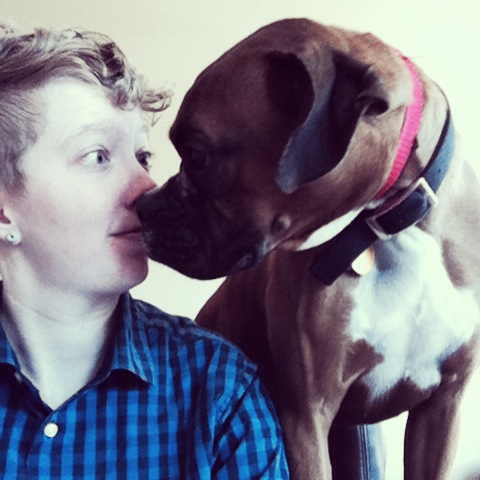
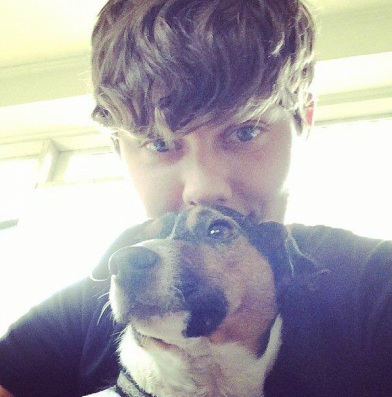
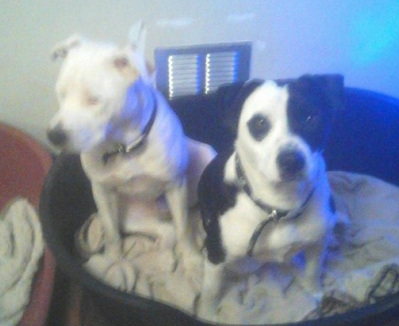
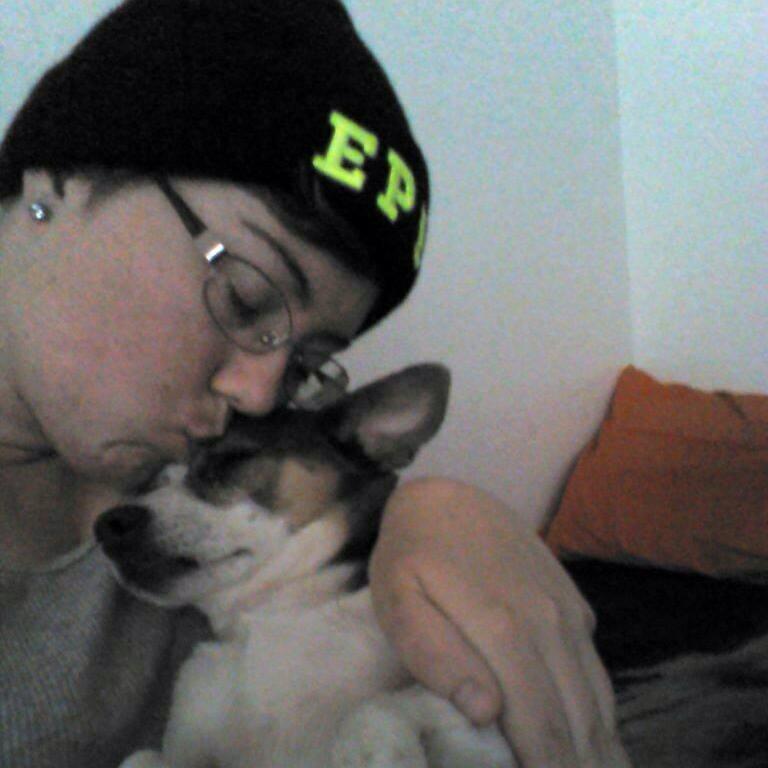
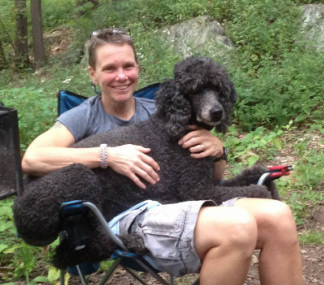
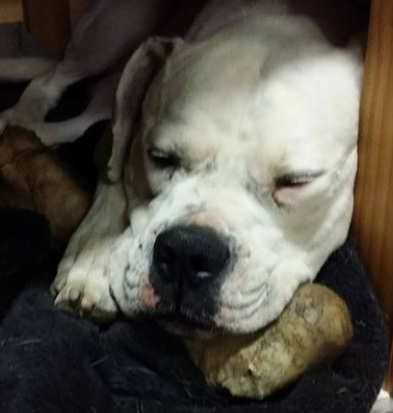
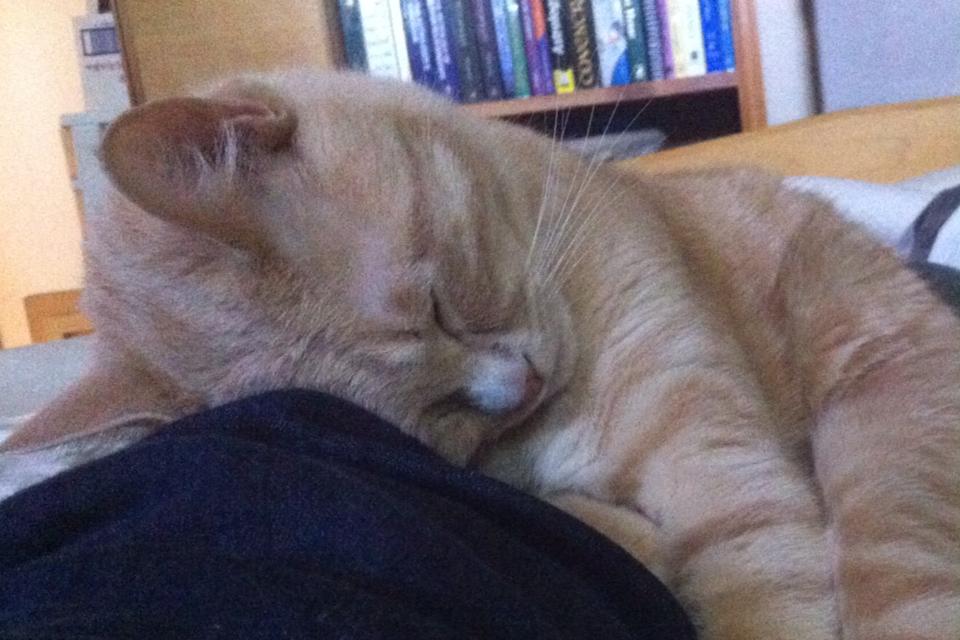
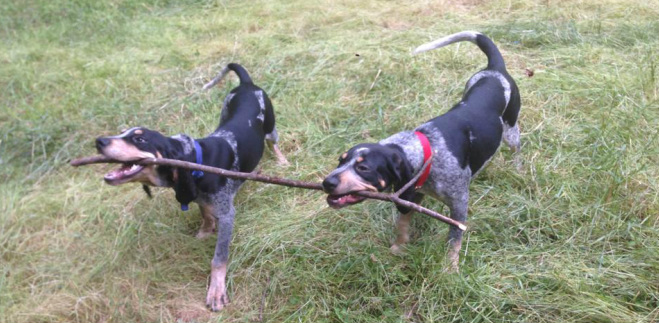
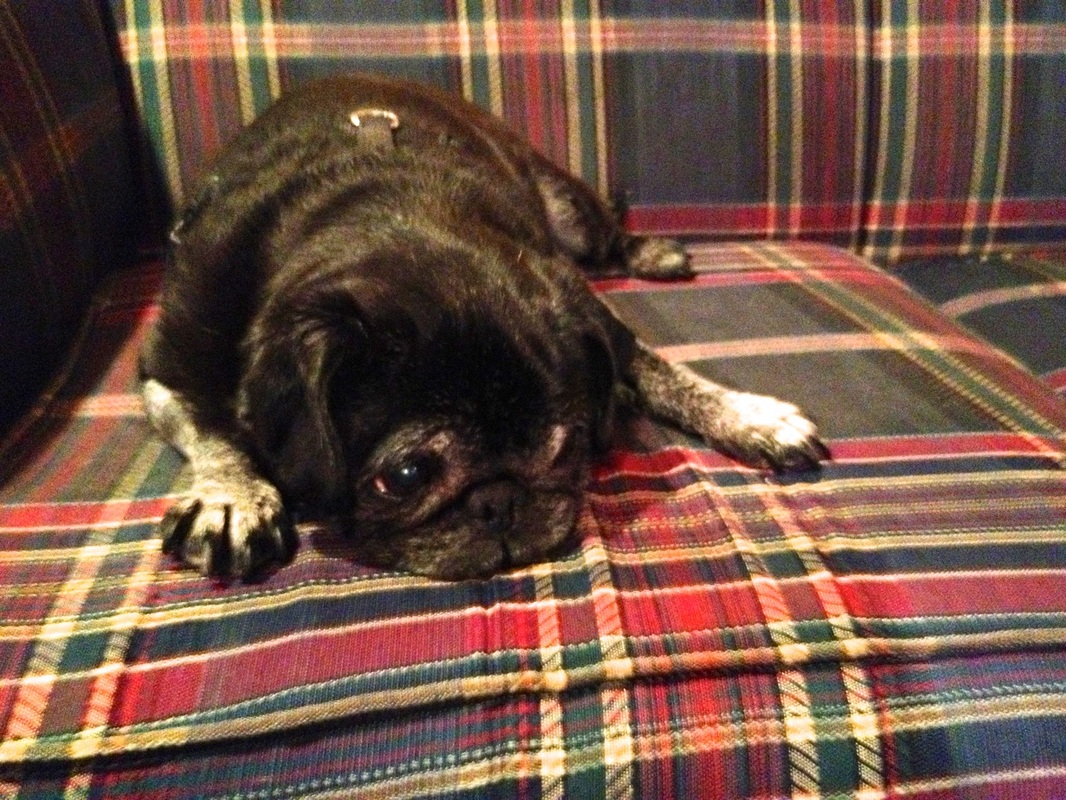
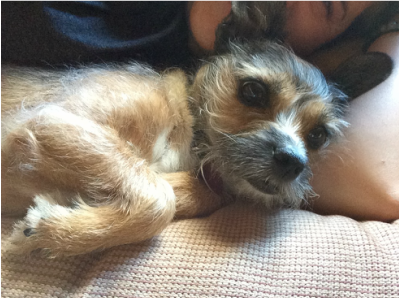
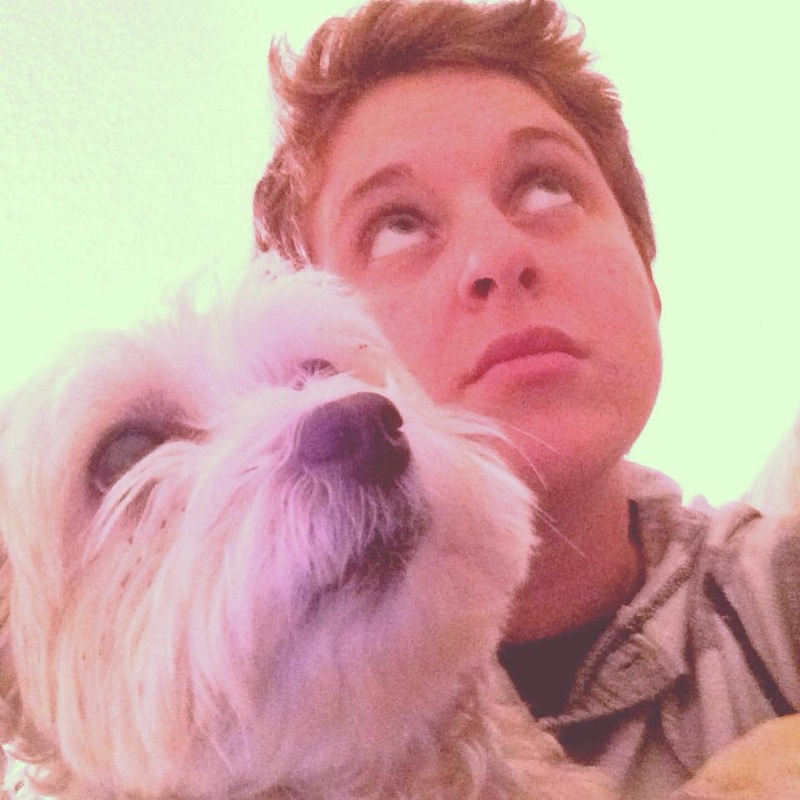
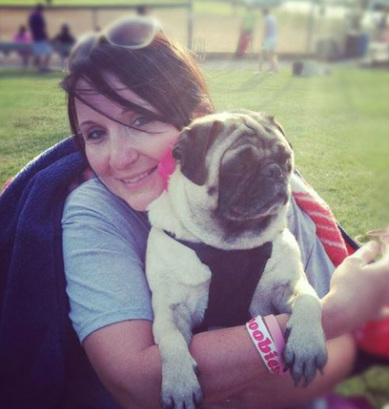
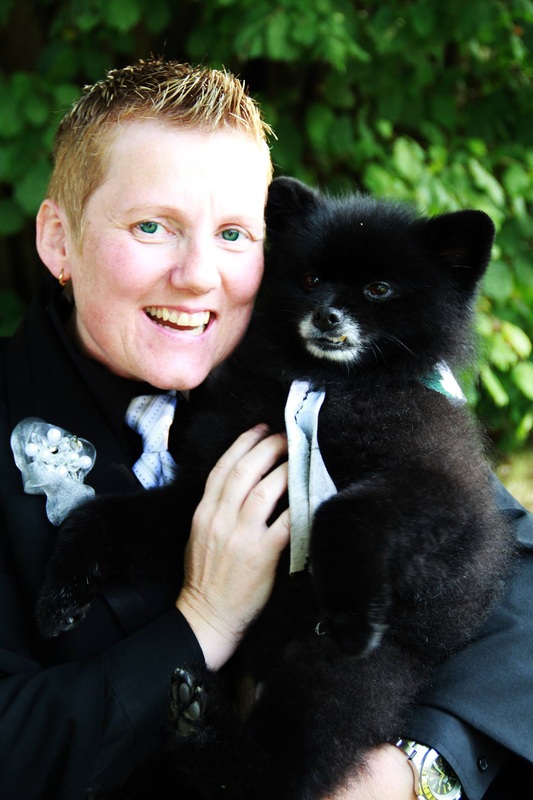
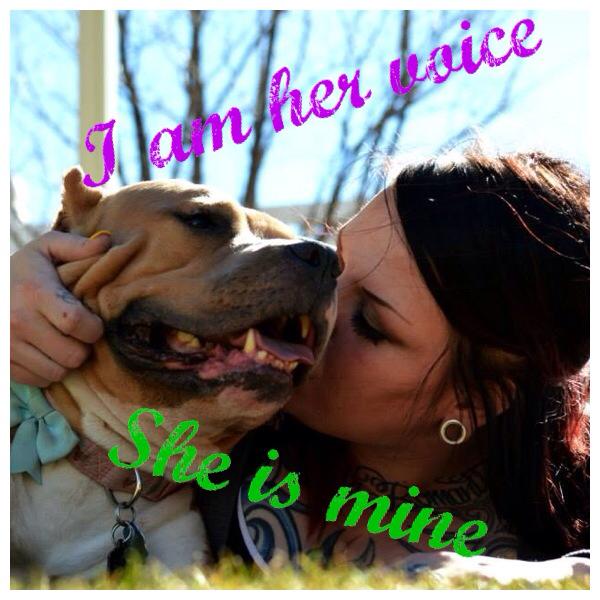
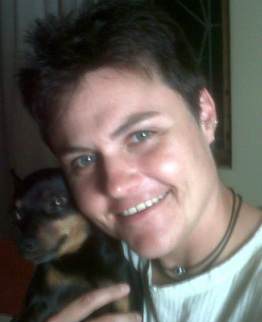
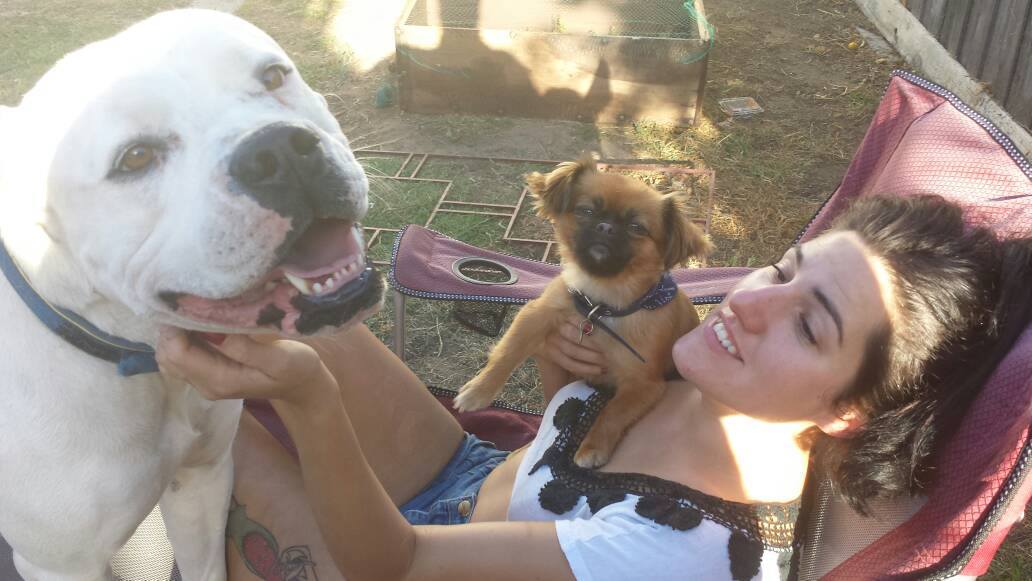
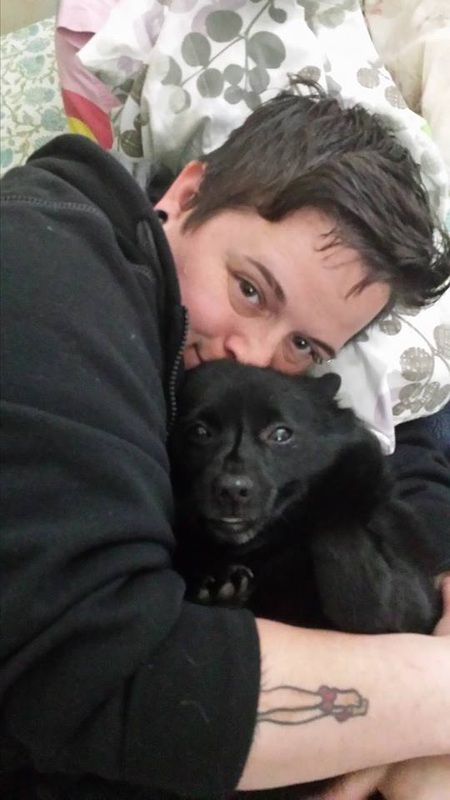
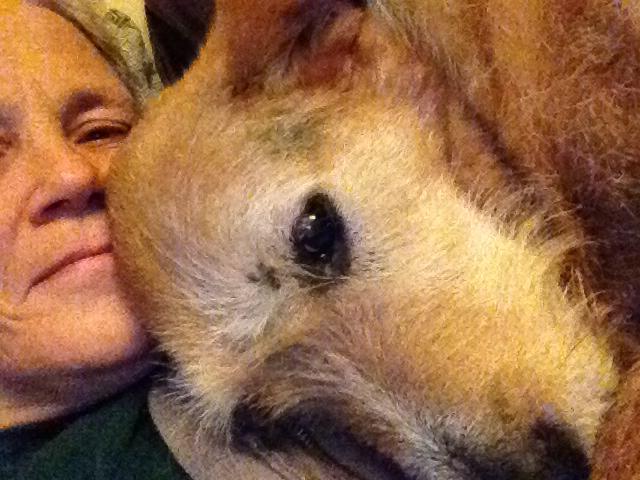
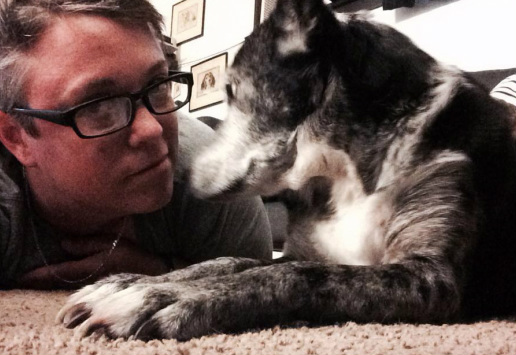
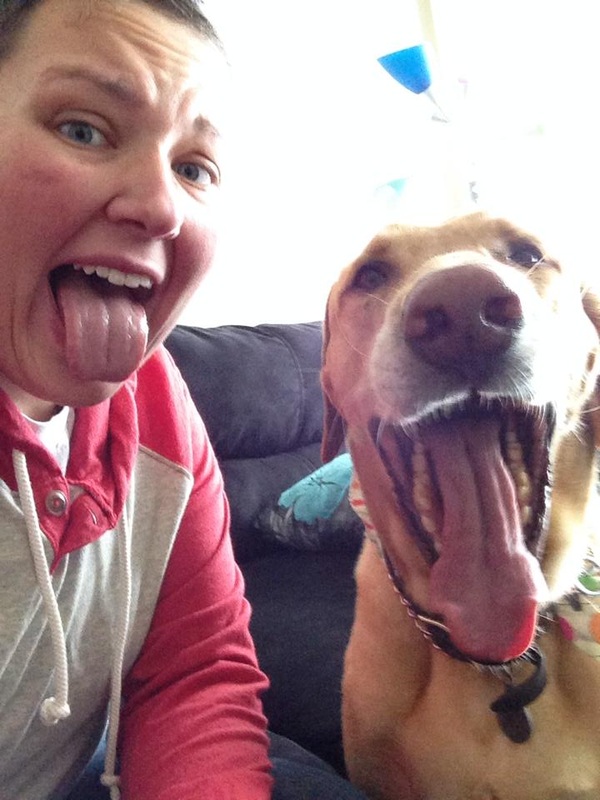
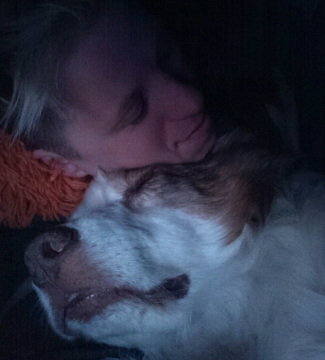
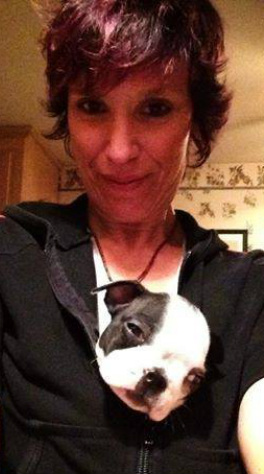
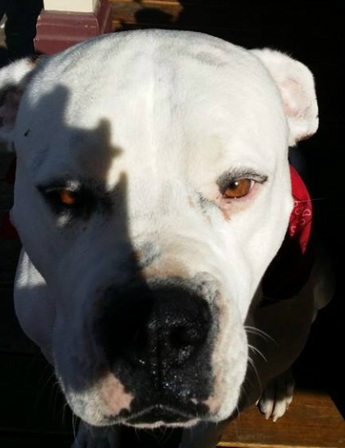
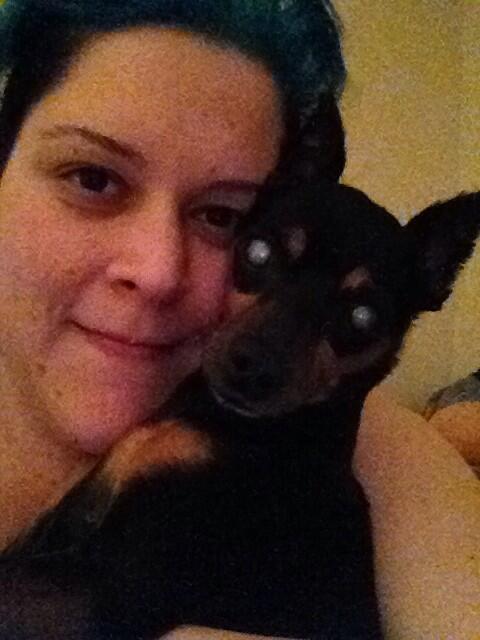
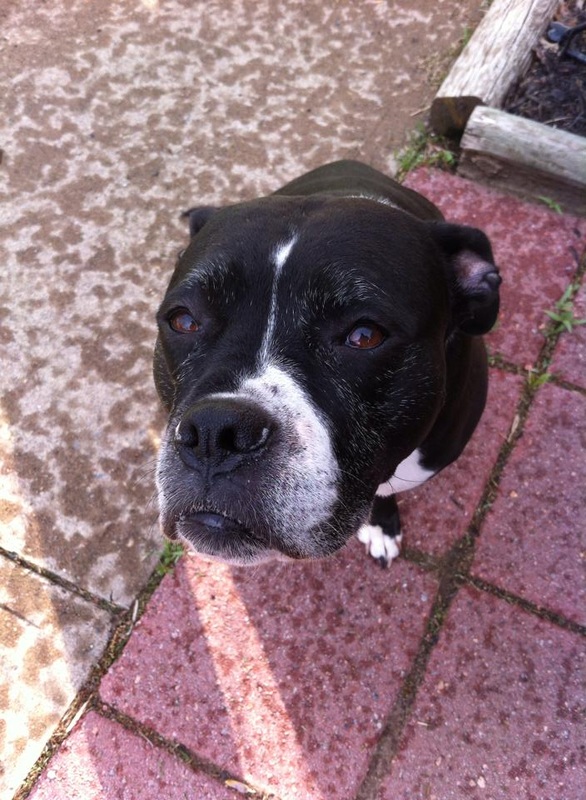
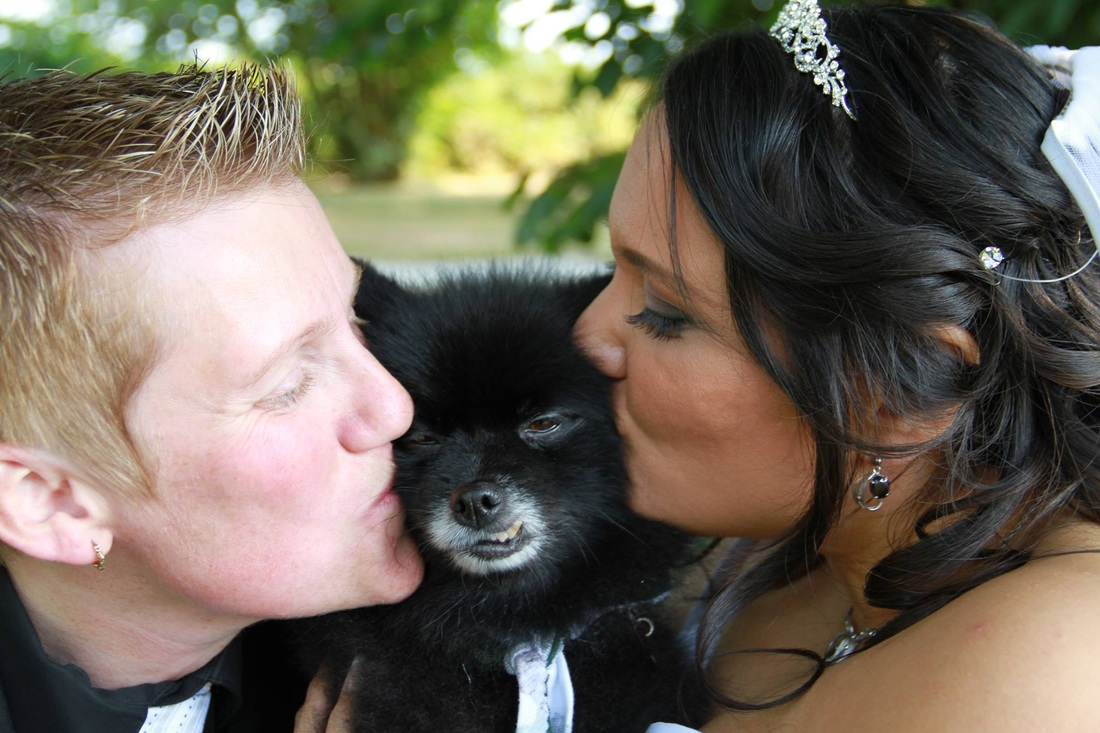
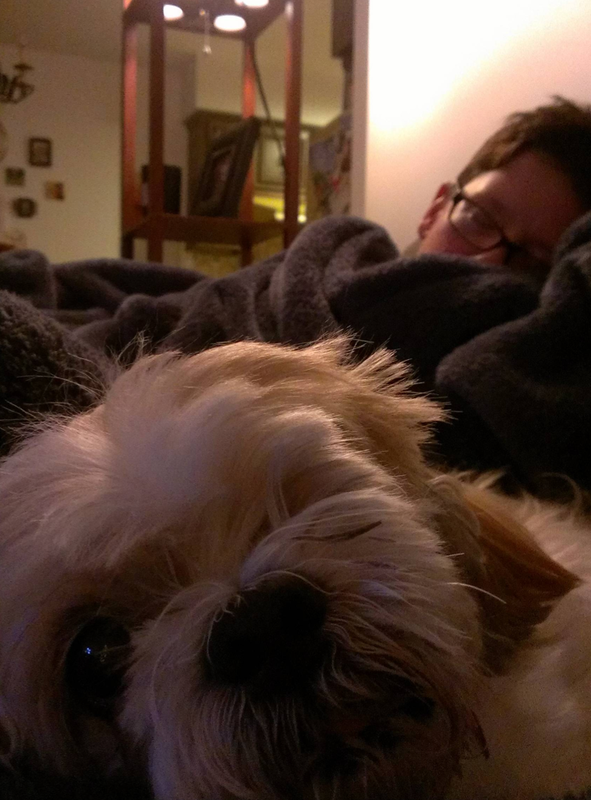
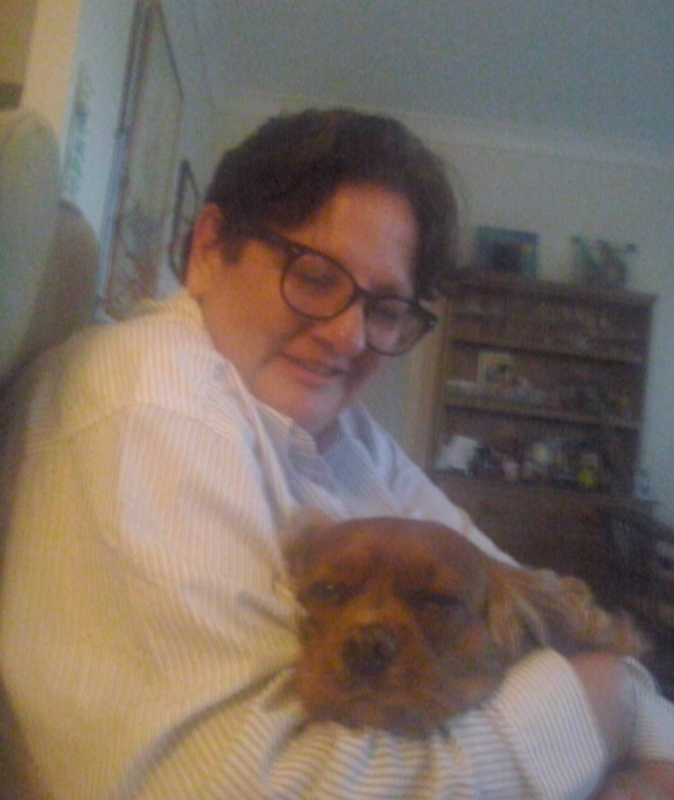
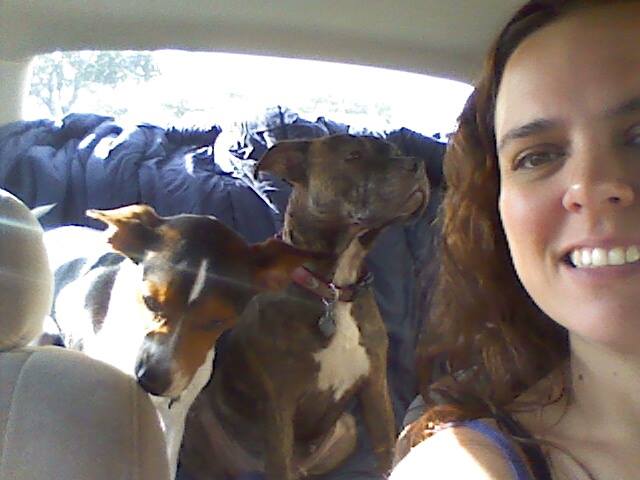
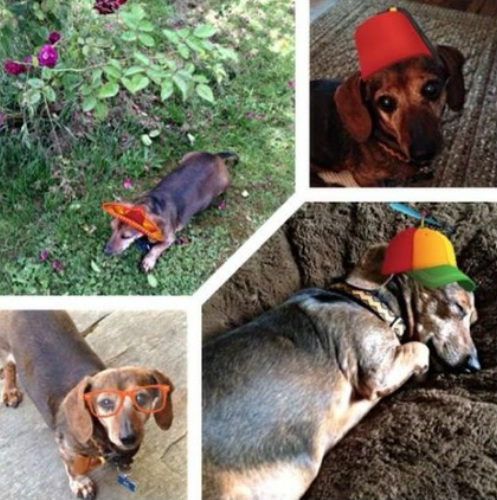
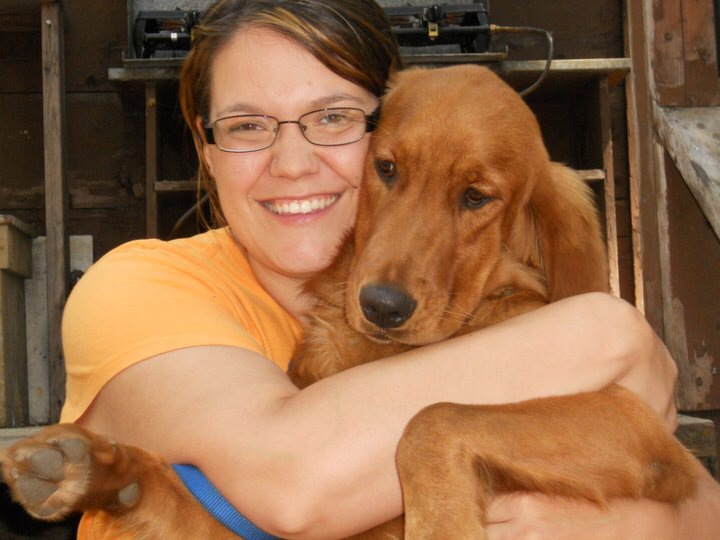
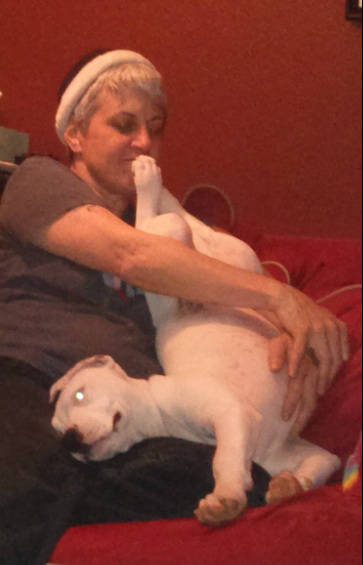
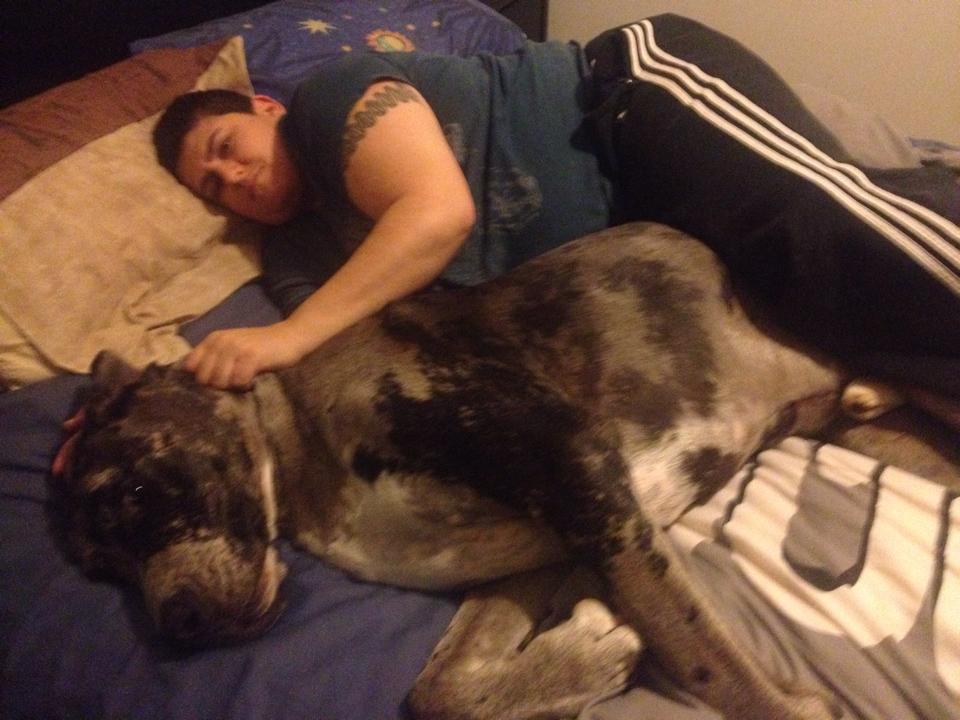

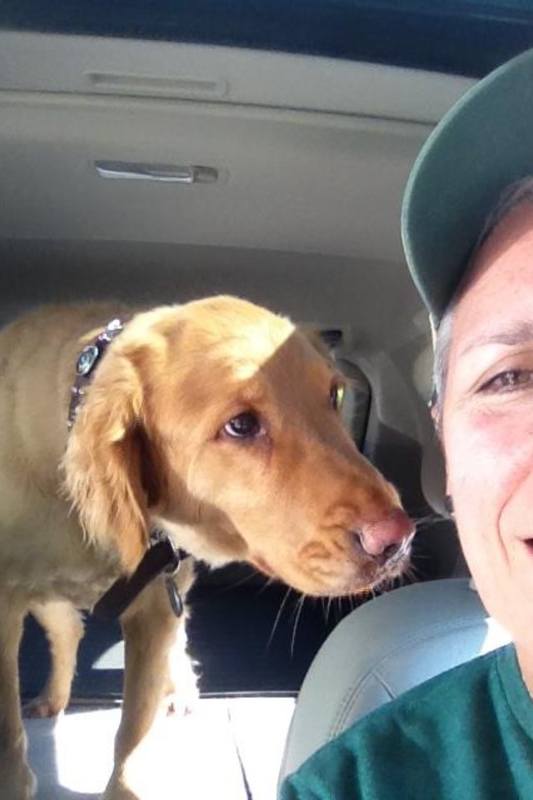
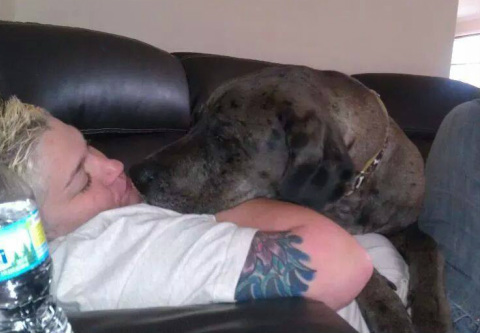
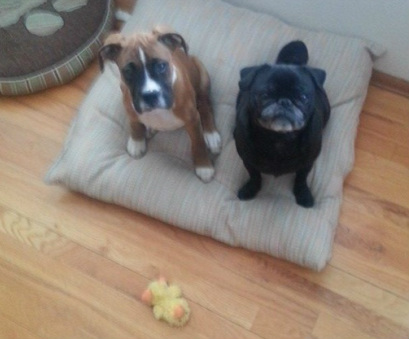
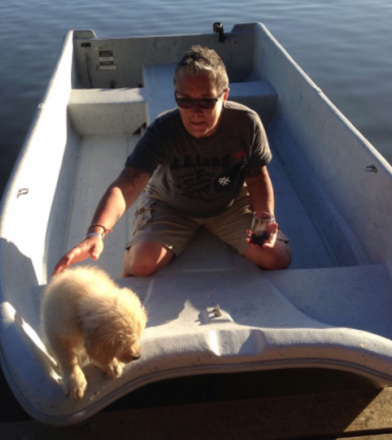
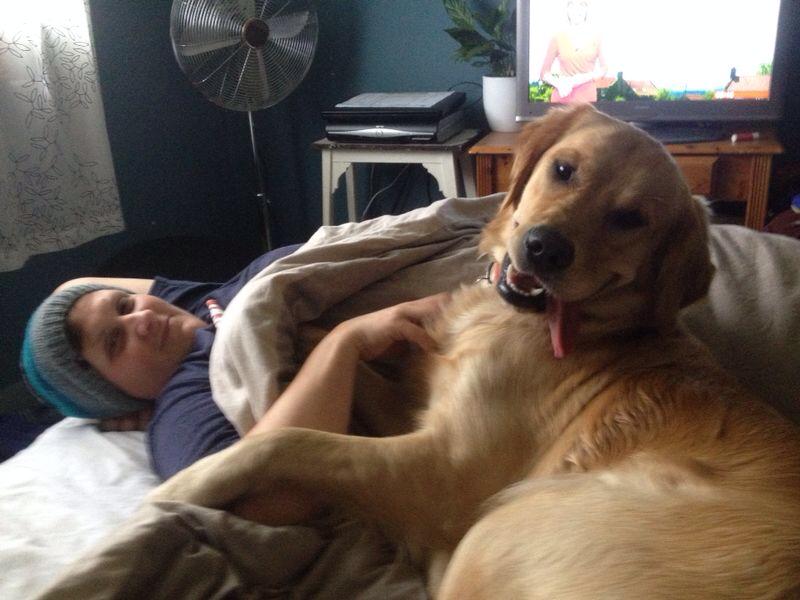
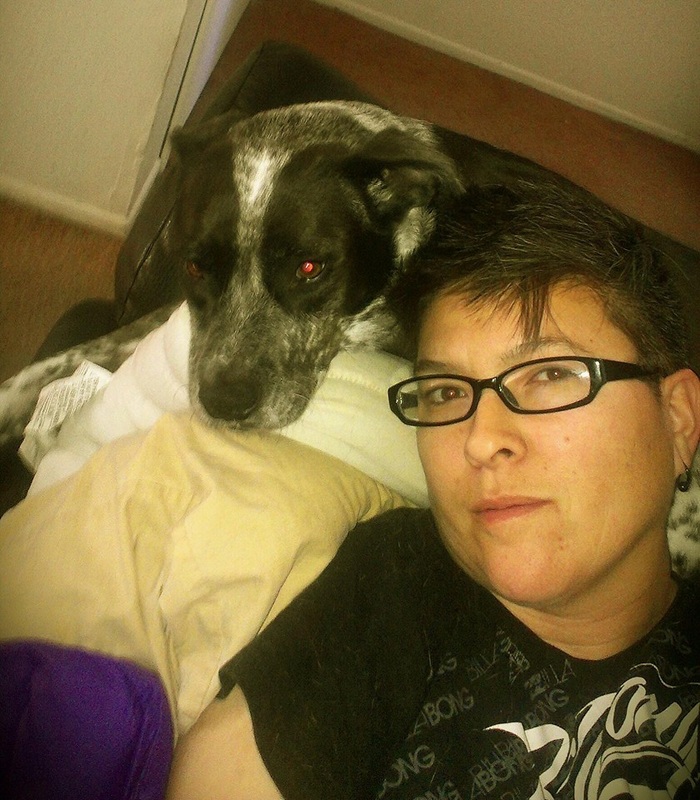
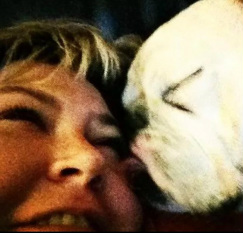
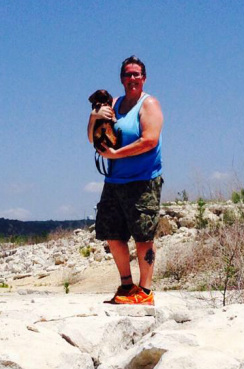
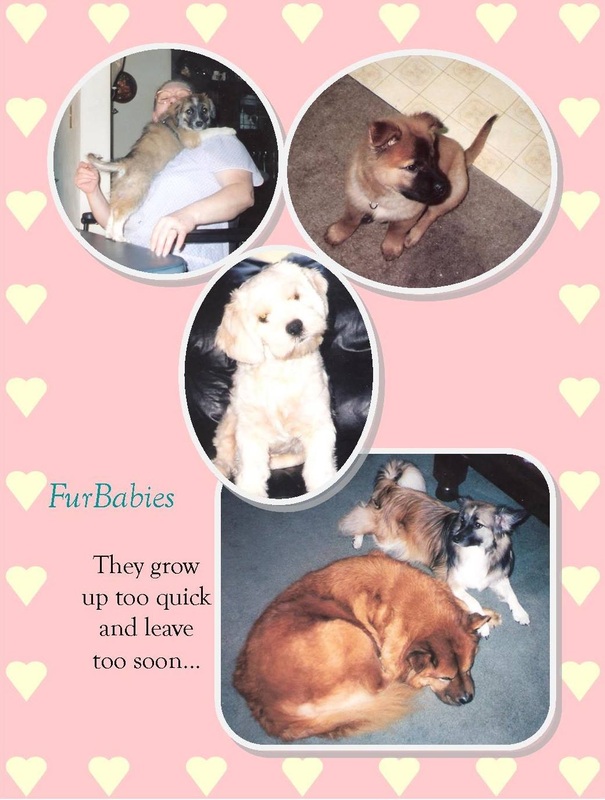
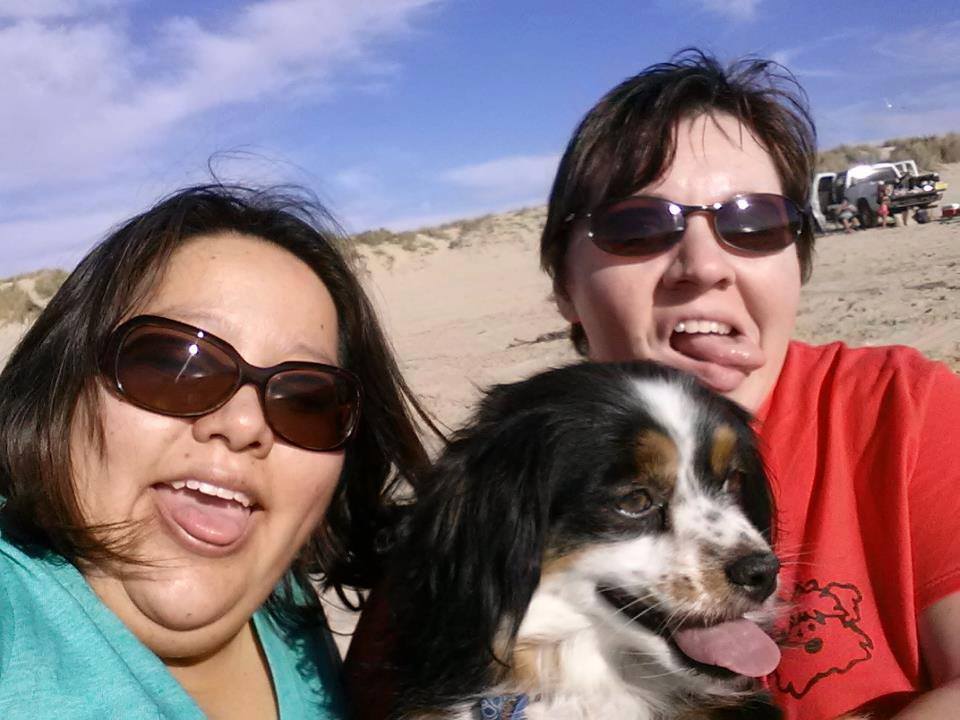
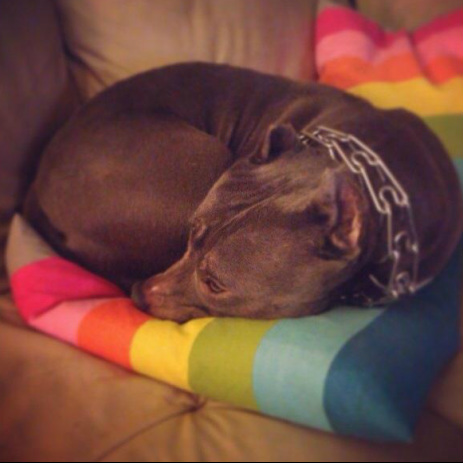
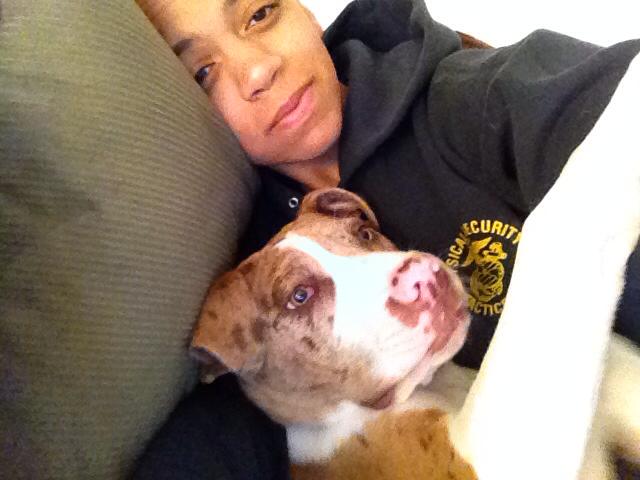
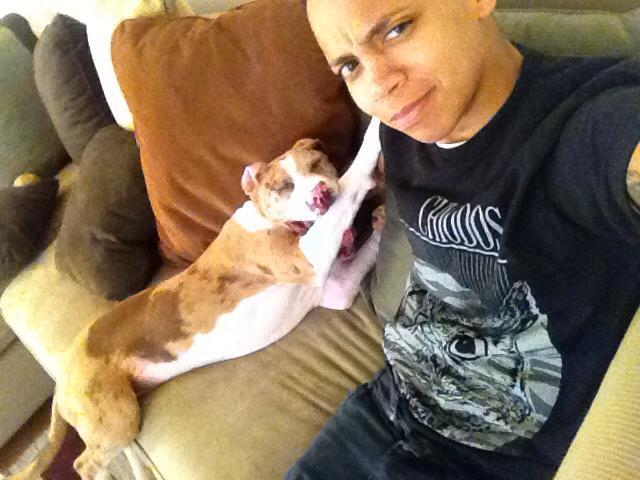
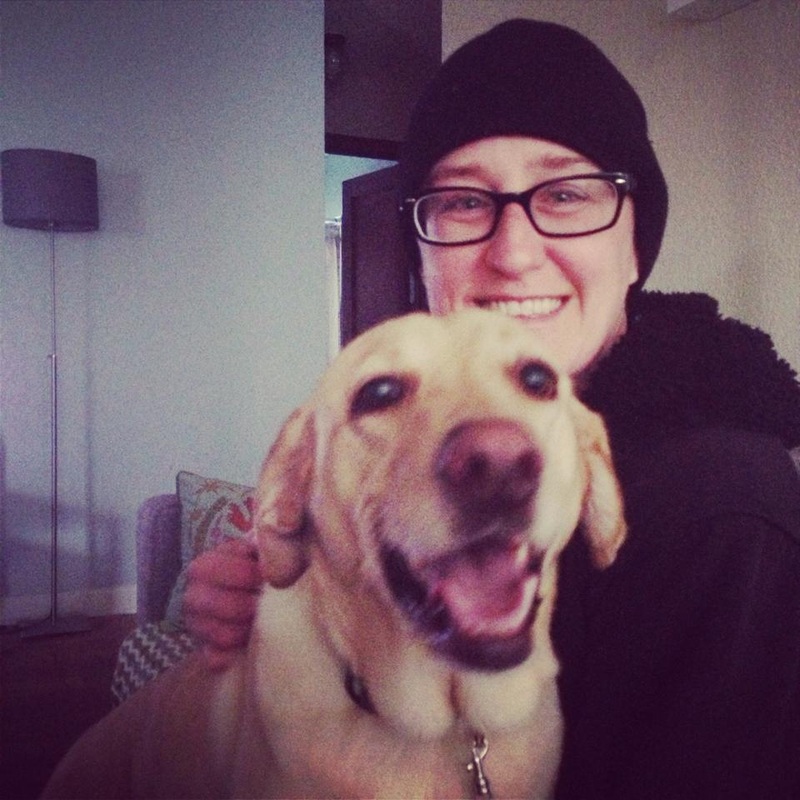
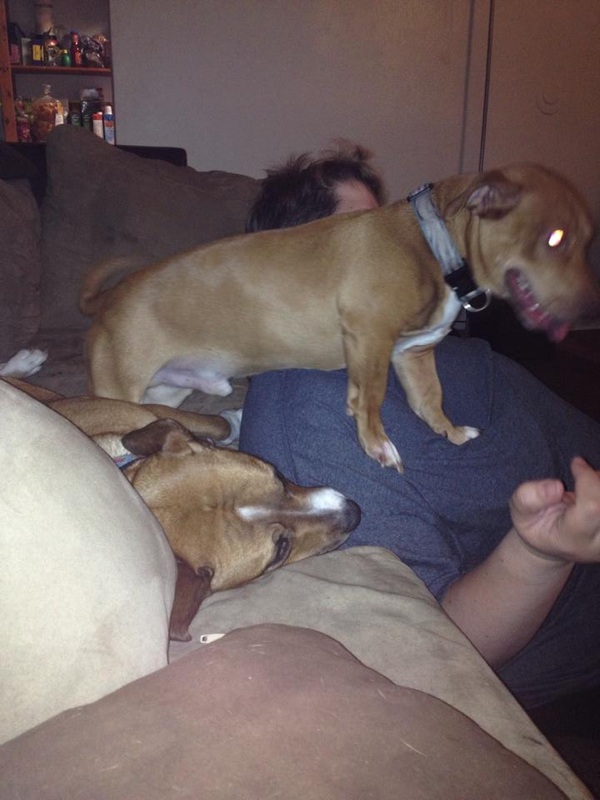
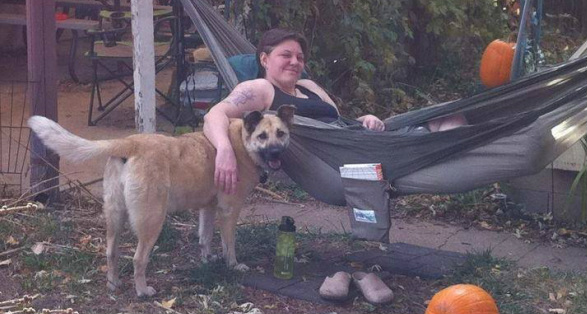
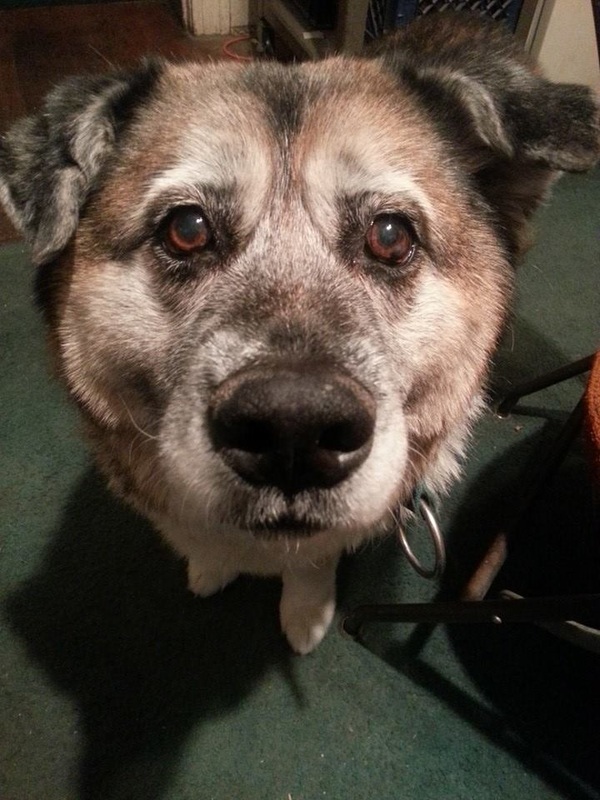
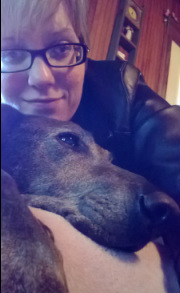
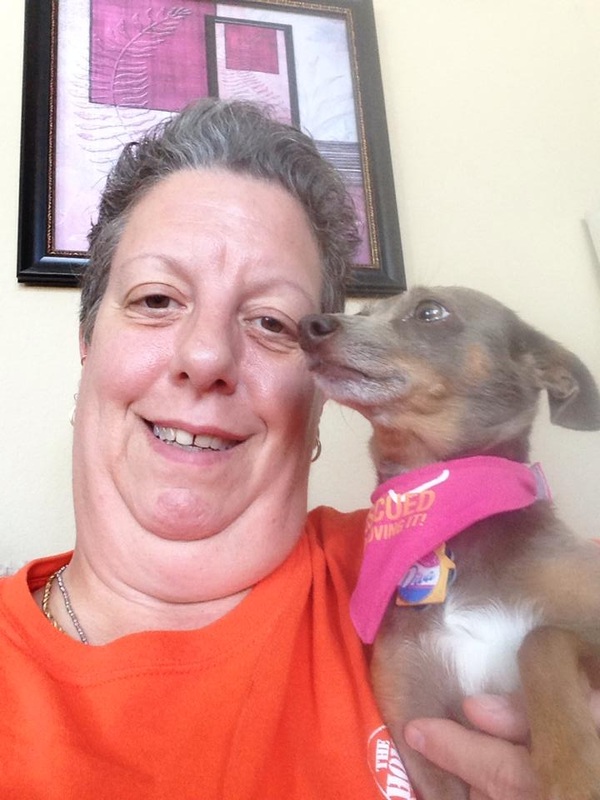
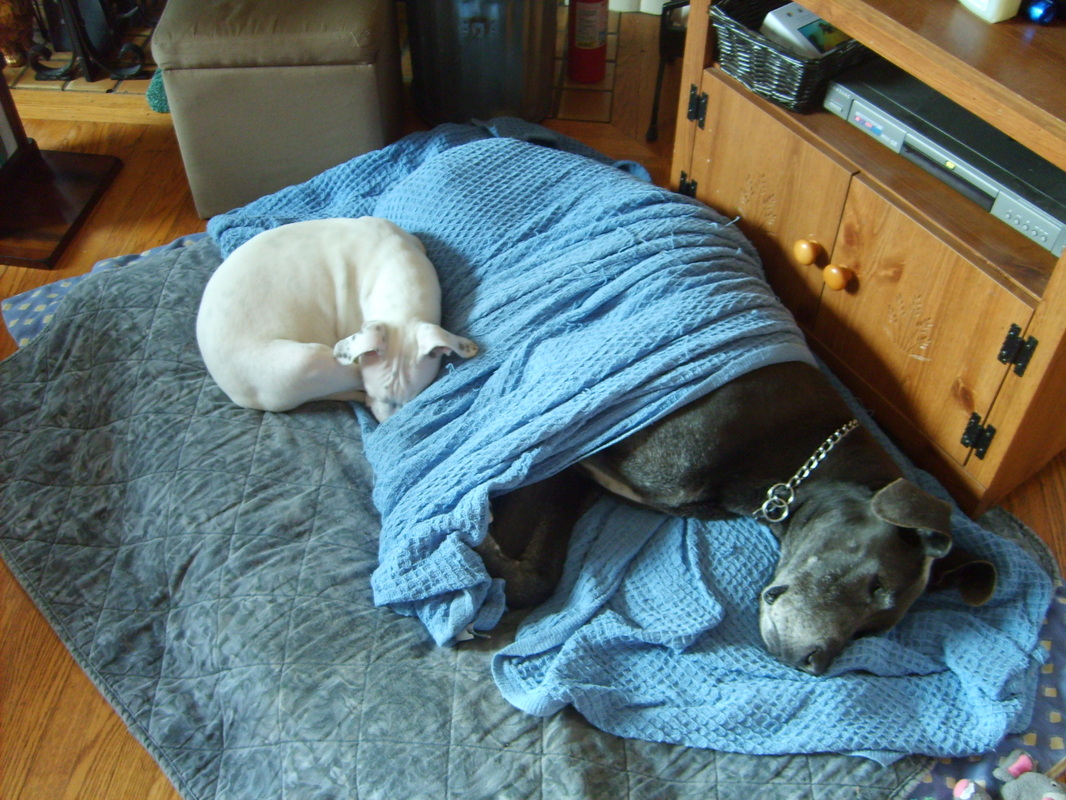

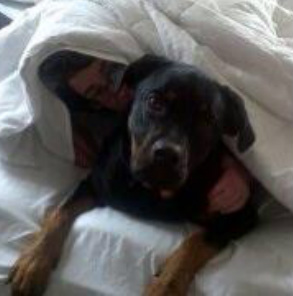
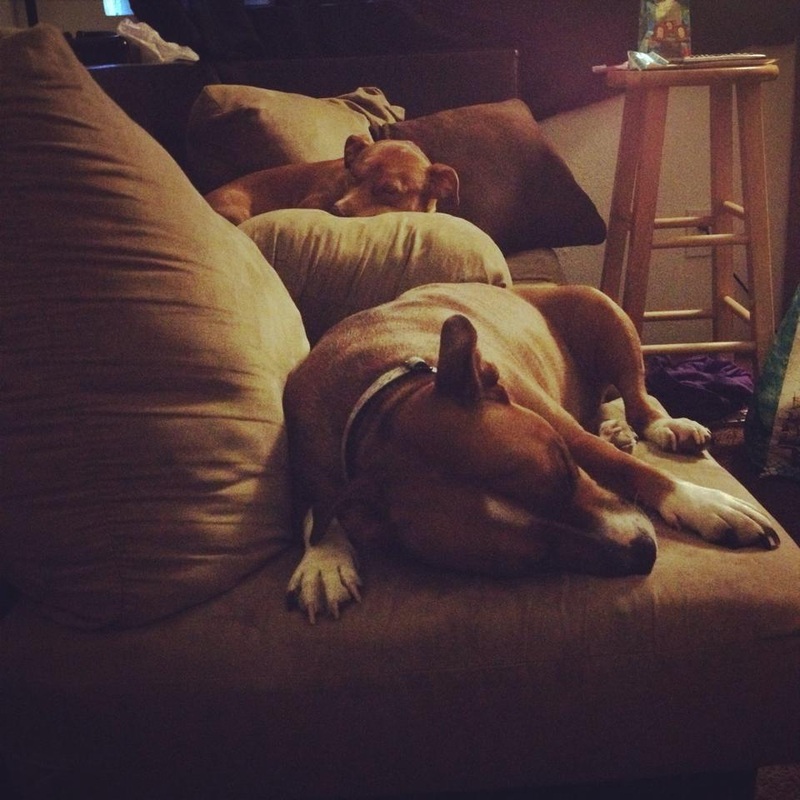
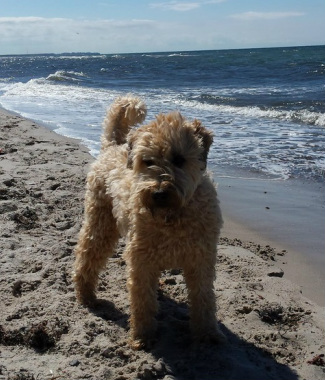
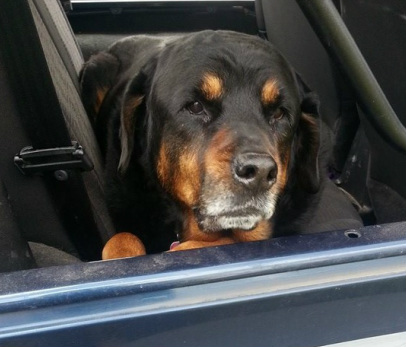
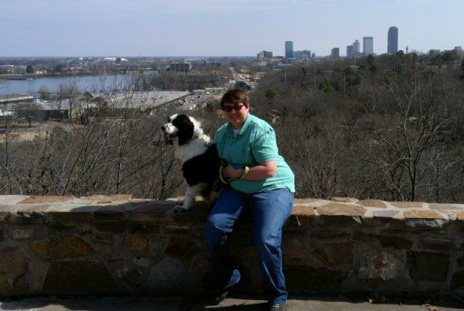
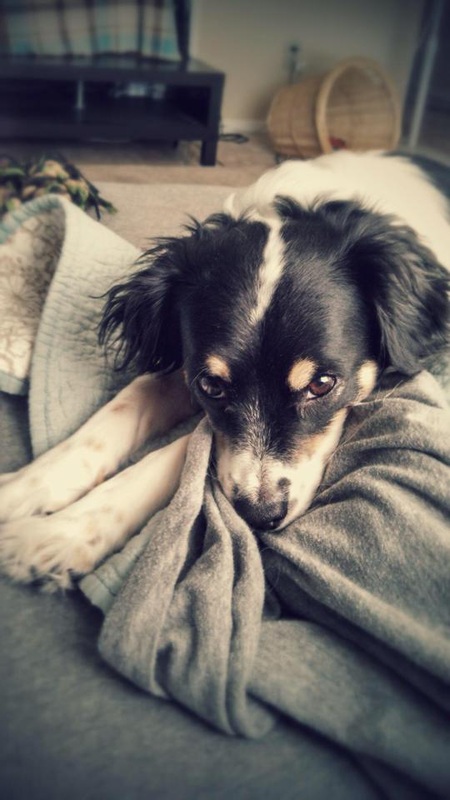
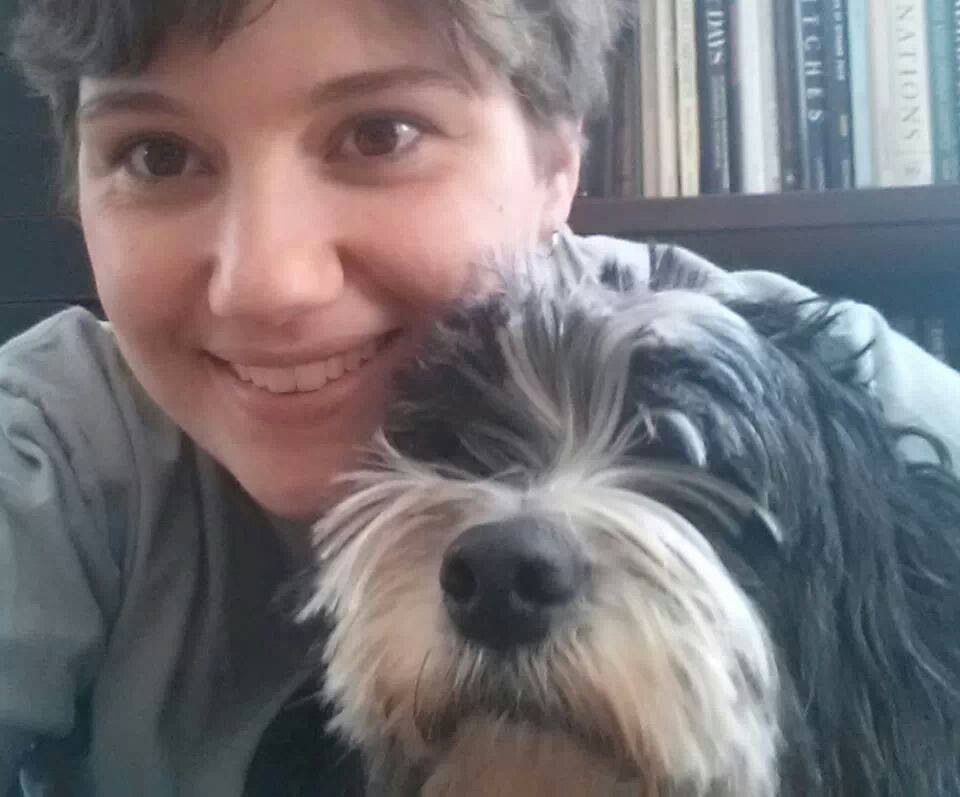
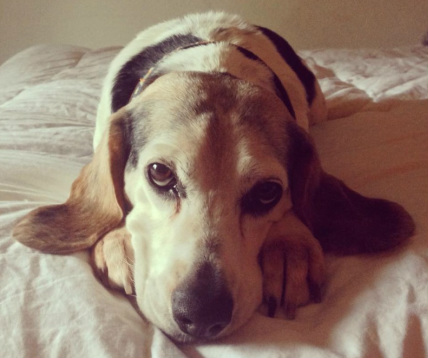

 RSS Feed
RSS Feed